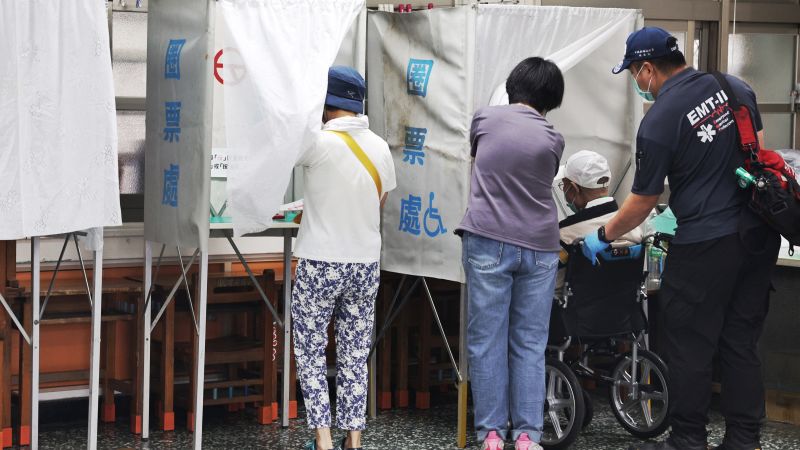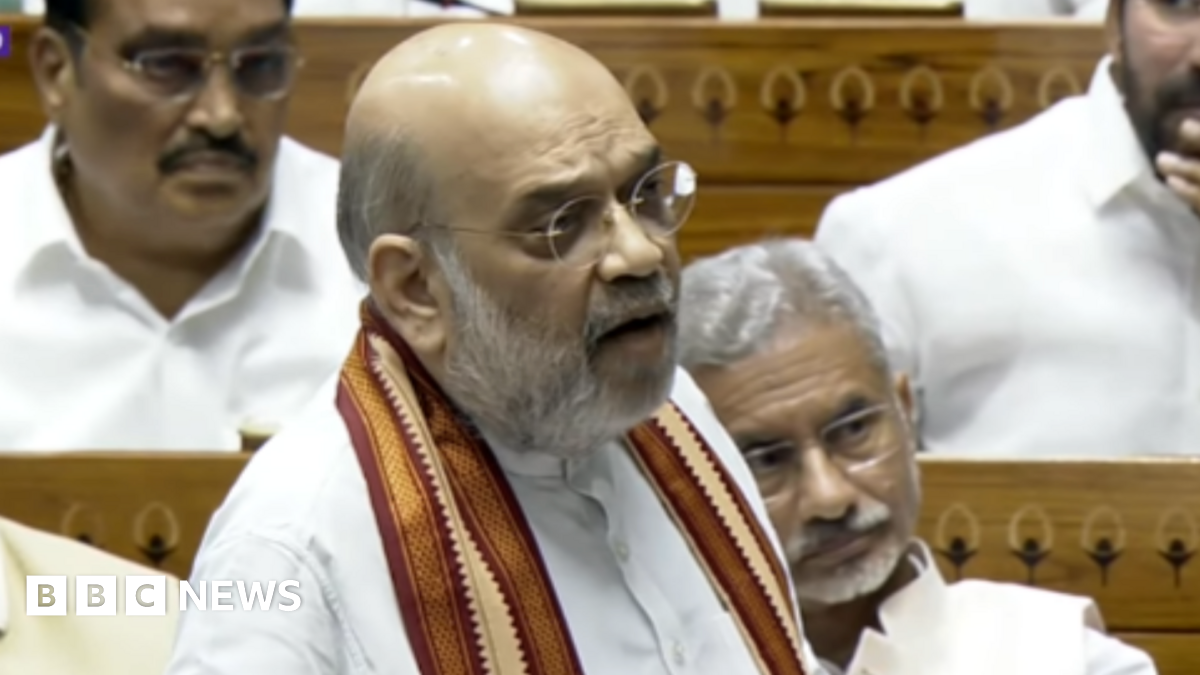Taiwanese Voters Uphold Nationalist Lawmakers, Maintaining Legislative Status Quo

Taipei, Taiwan – In a closely watched election held on Saturday, Taiwanese voters decisively rejected a recall attempt targeting approximately one-fifth of the island's lawmakers, all members of the opposition Nationalist Party (Kuomintang or KMT). The outcome significantly impacts the balance of power within Taiwan's Legislative Yuan and dampens hopes for the ruling Democratic Progressive Party (DPP) to secure a legislative majority.
The recall election, focused on a group of KMT legislators, was seen as a crucial test of public sentiment towards the opposition party and its approach to cross-strait relations with China. The DPP, which advocates for a more assertive stance towards Beijing, had hoped a successful recall would shift the legislative landscape in their favor, allowing them to more easily push through policy initiatives.
Why the Recall Effort Mattered: The Legislative Yuan is currently divided, making it difficult for either the DPP or the KMT to unilaterally advance their agendas. With a recall of these KMT lawmakers, the DPP could potentially gain a slim majority, providing greater leverage in shaping legislation related to Taiwan’s economy, defense, and international relations. The outcome underscores the continued influence of the KMT and its supporters, who generally favor closer ties with China and a more pragmatic approach to cross-strait engagement.
Analysis of the Results: Political analysts suggest several factors contributed to the voters' decision to retain the KMT legislators. These include a perception that the recall effort was politically motivated, a general satisfaction with the performance of some of the targeted lawmakers, and a desire to maintain a balanced legislature. Furthermore, the DPP's messaging around the recall may not have resonated strongly with a broader segment of the electorate.
Implications for Taiwan's Future: The election's results have significant implications for Taiwan's political landscape. It reinforces the need for cross-party collaboration and compromise in the Legislative Yuan. The DPP will need to find new strategies to advance its policy goals, potentially requiring them to engage in more extensive negotiations with the KMT. The outcome also highlights the ongoing debate within Taiwan regarding its relationship with China and the best path forward for the island’s future.
Looking Ahead: While the DPP's immediate goal of flipping the legislative balance has been thwarted, the political dynamics in Taiwan remain fluid. Future elections and policy debates will continue to shape the island’s trajectory. The KMT's retention of these seats provides a platform for them to continue advocating for their perspectives and influencing the legislative agenda. The focus now shifts to how both parties will navigate the challenges ahead and work towards addressing the concerns of the Taiwanese people.
This election serves as a reminder of the importance of democratic participation and the power of voters to shape their government. It underscores the complexities of Taiwan’s political system and the ongoing debate surrounding its identity and future direction.






